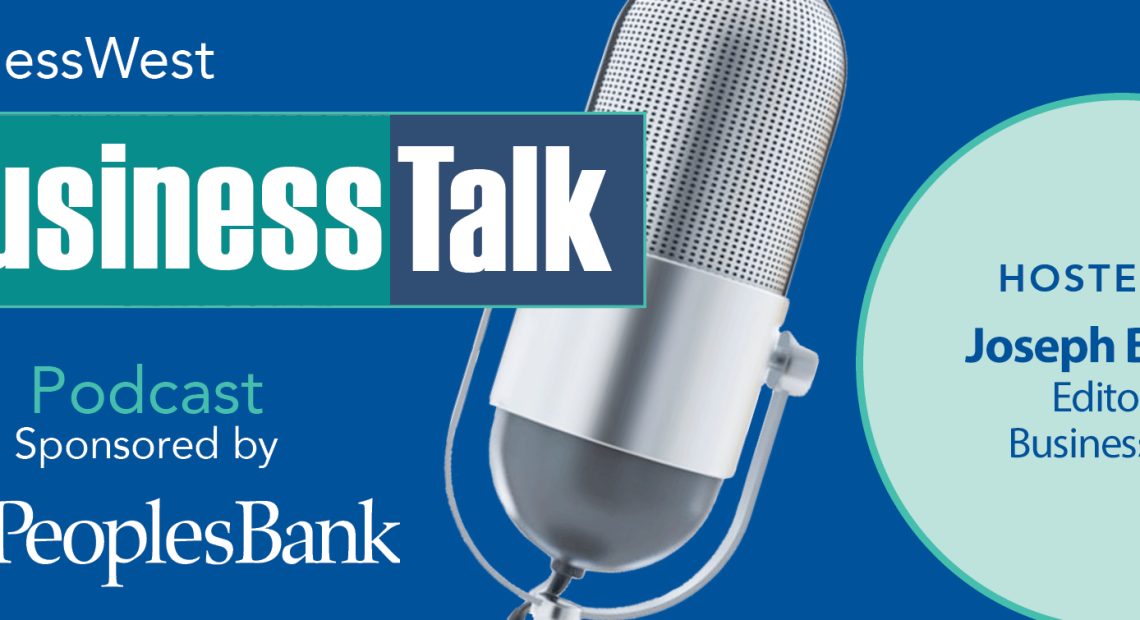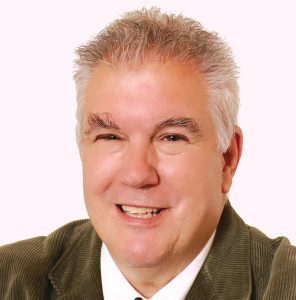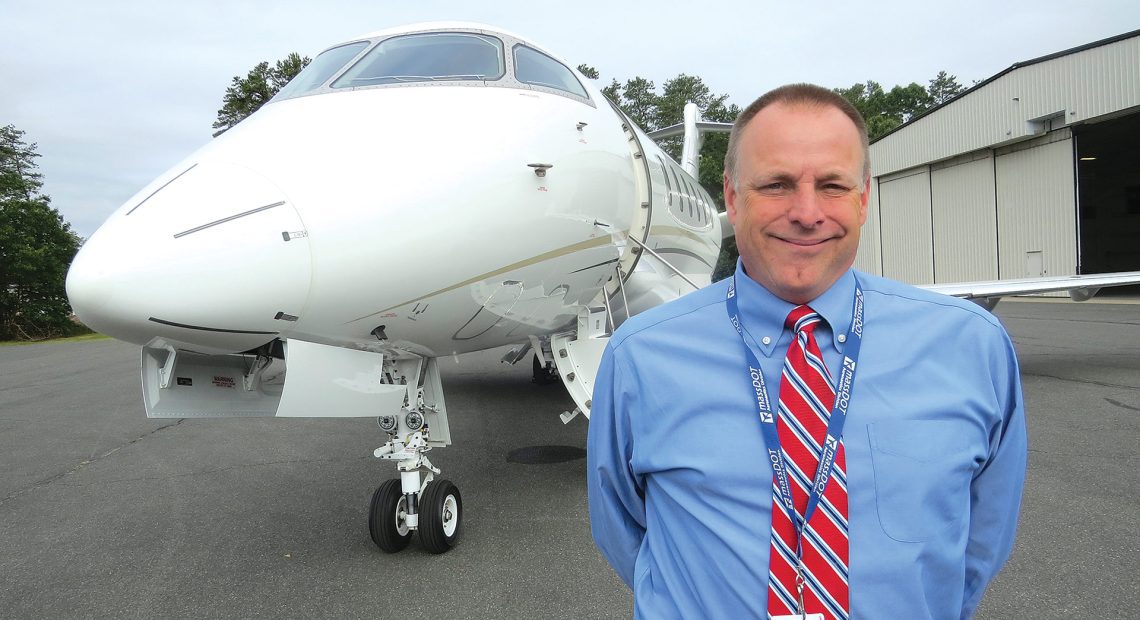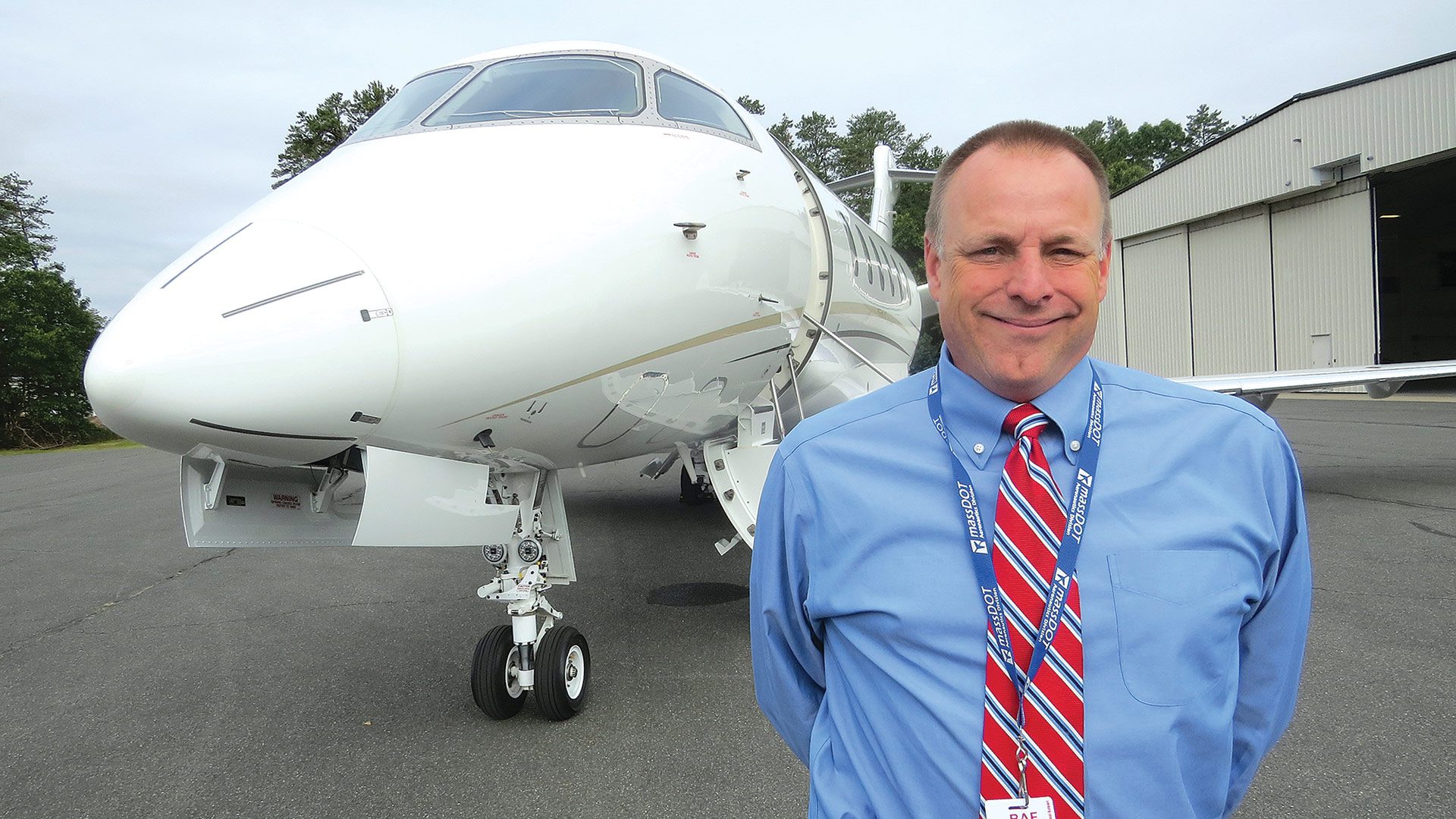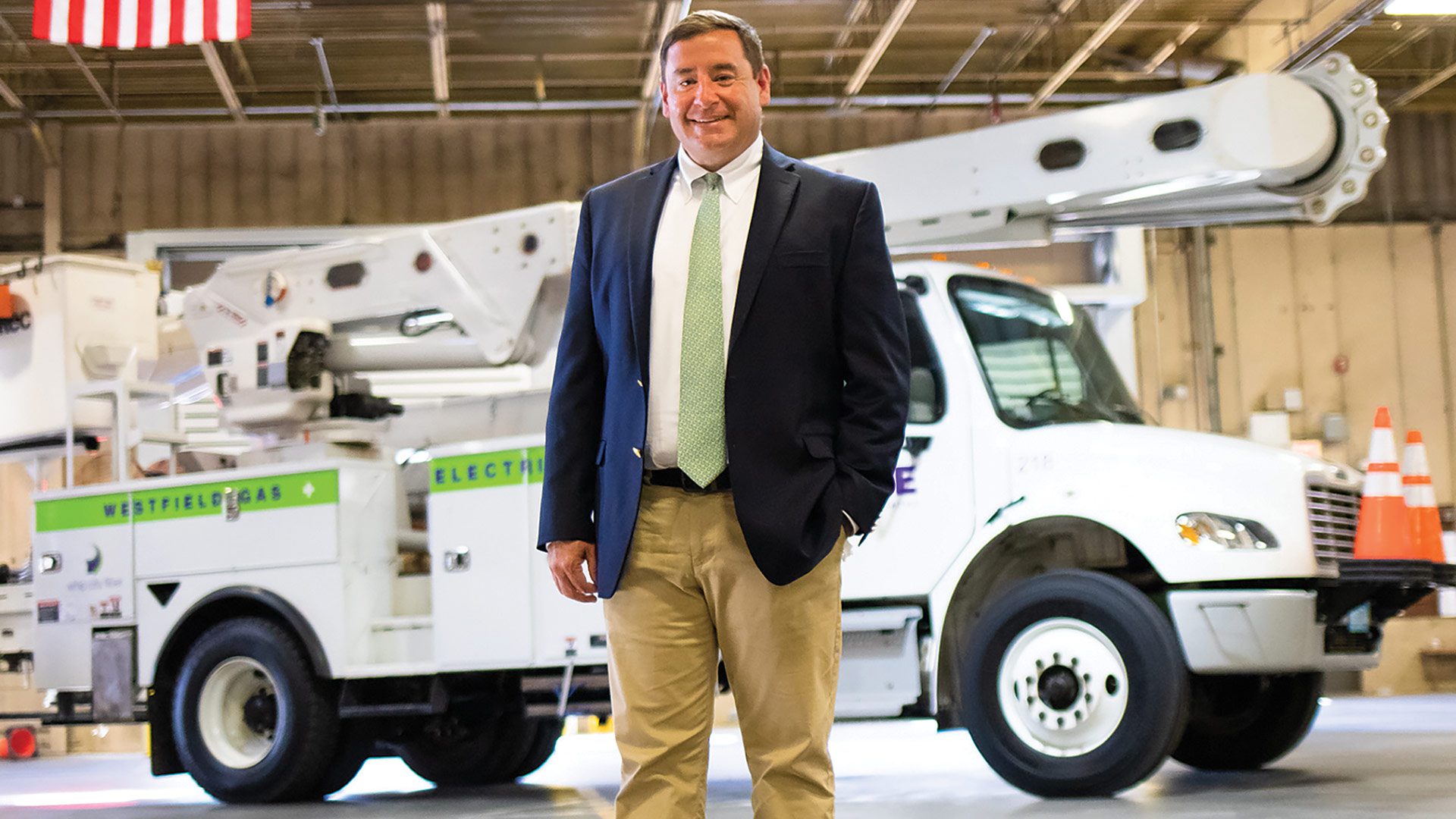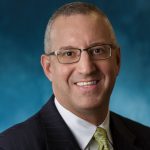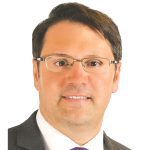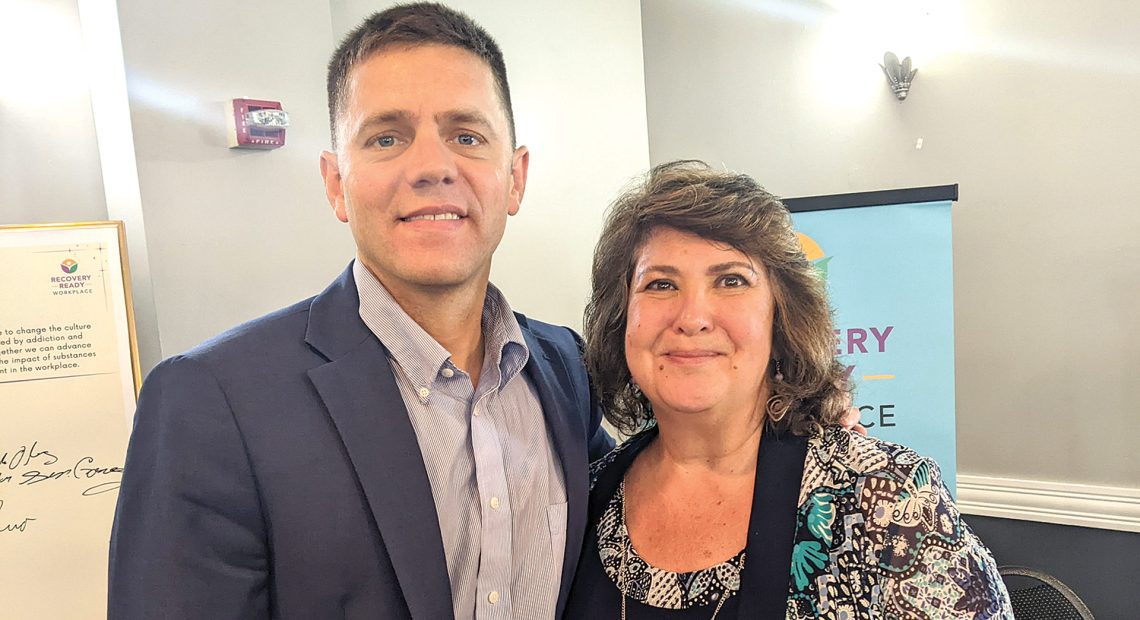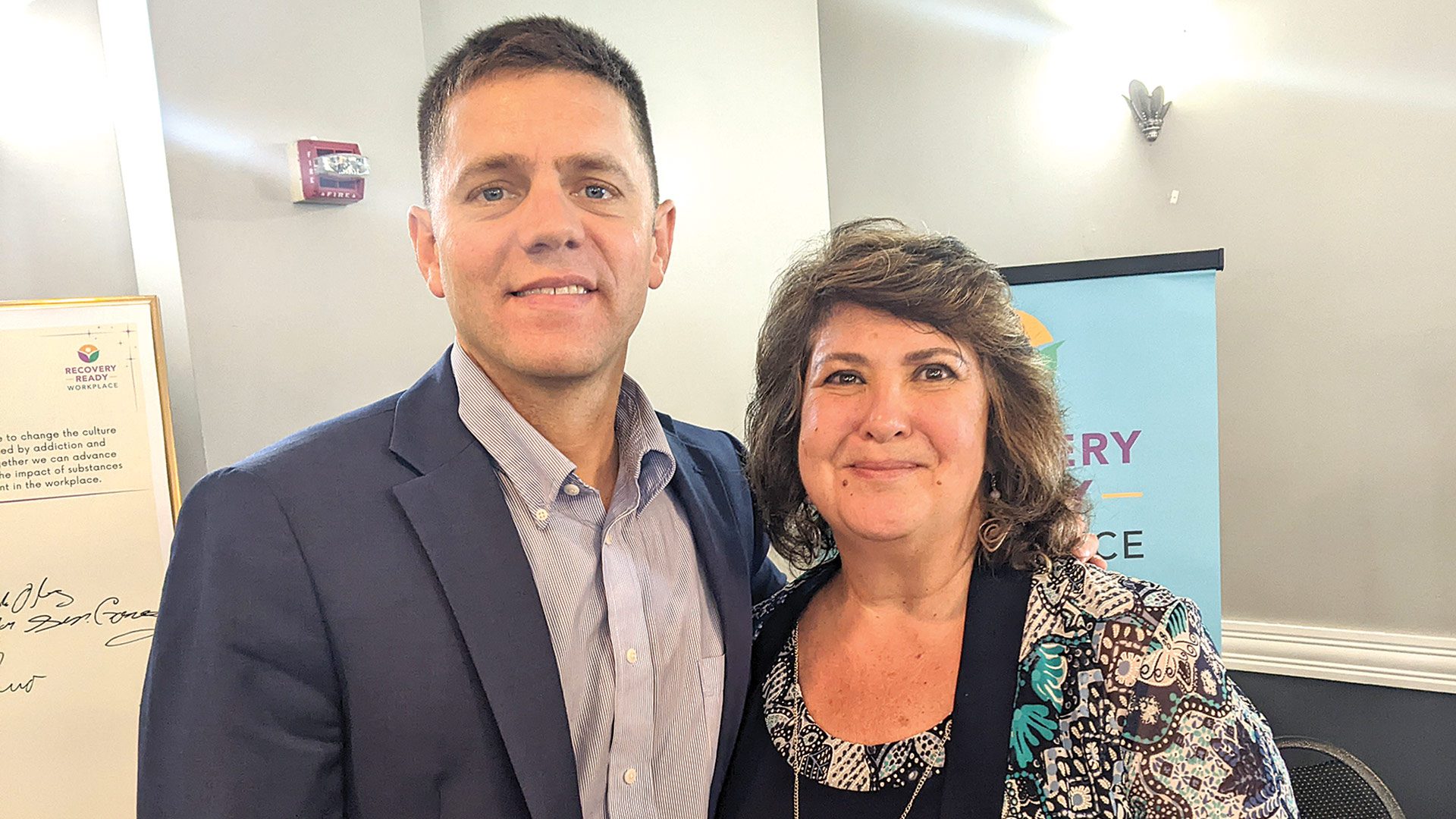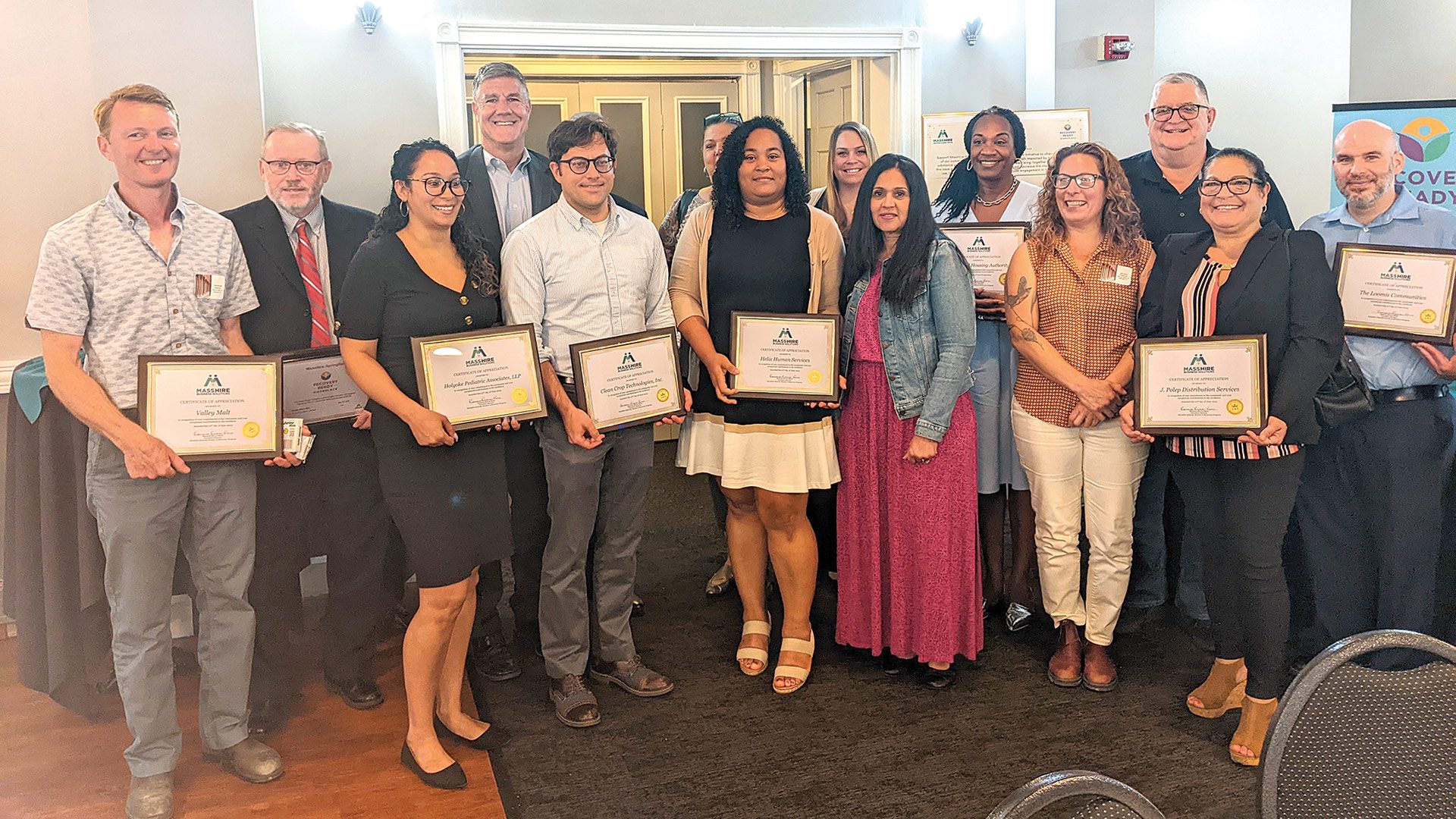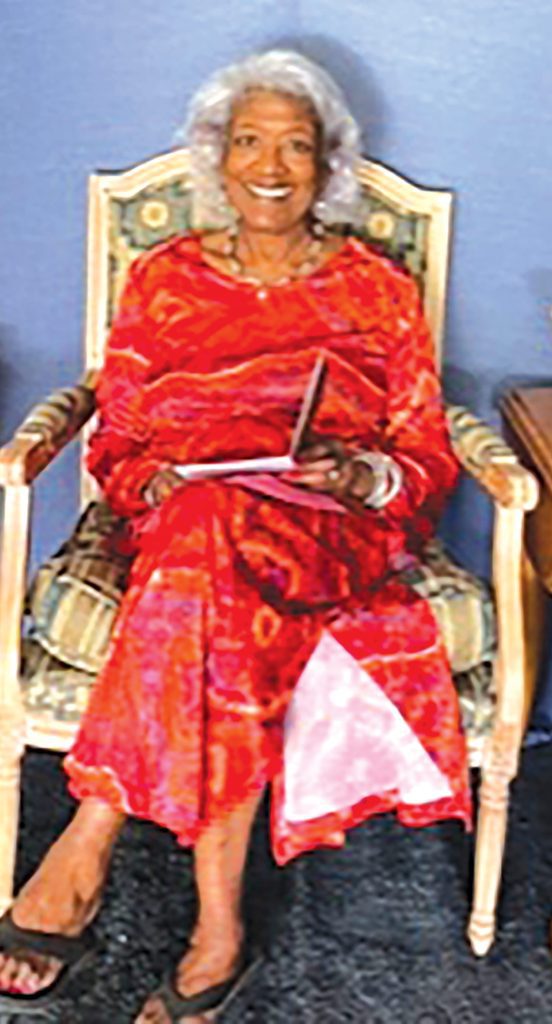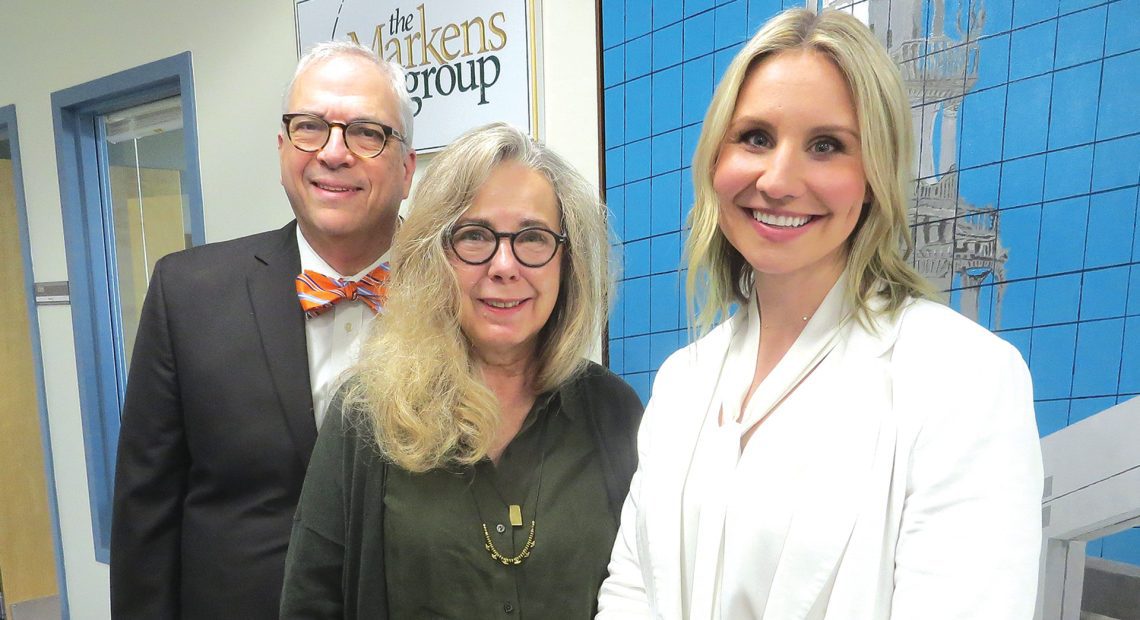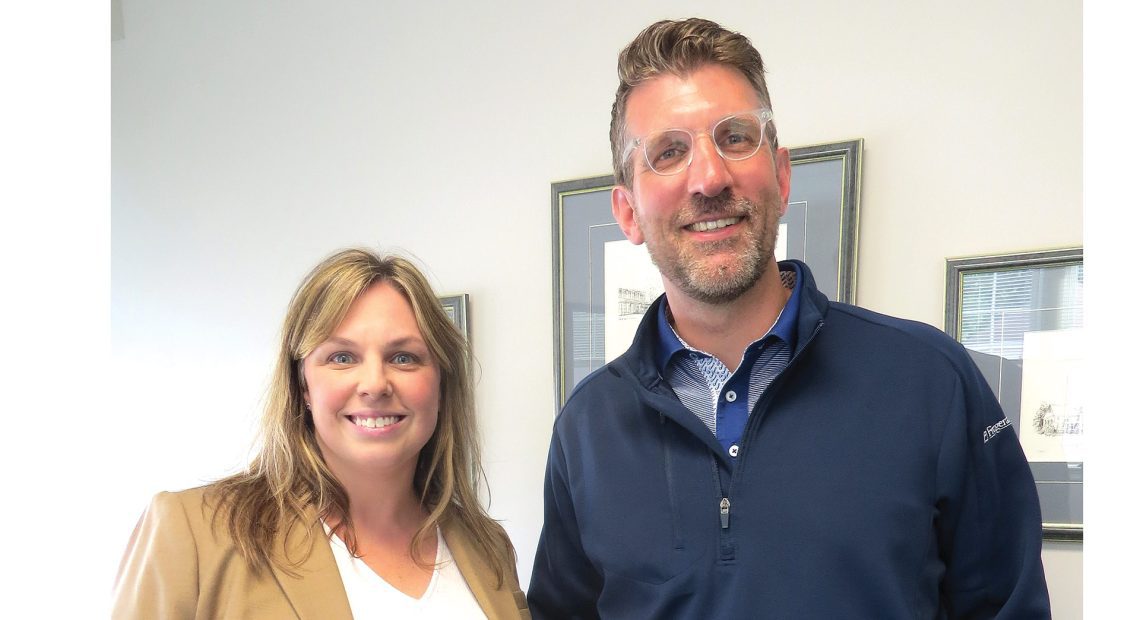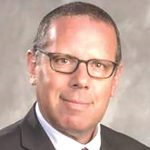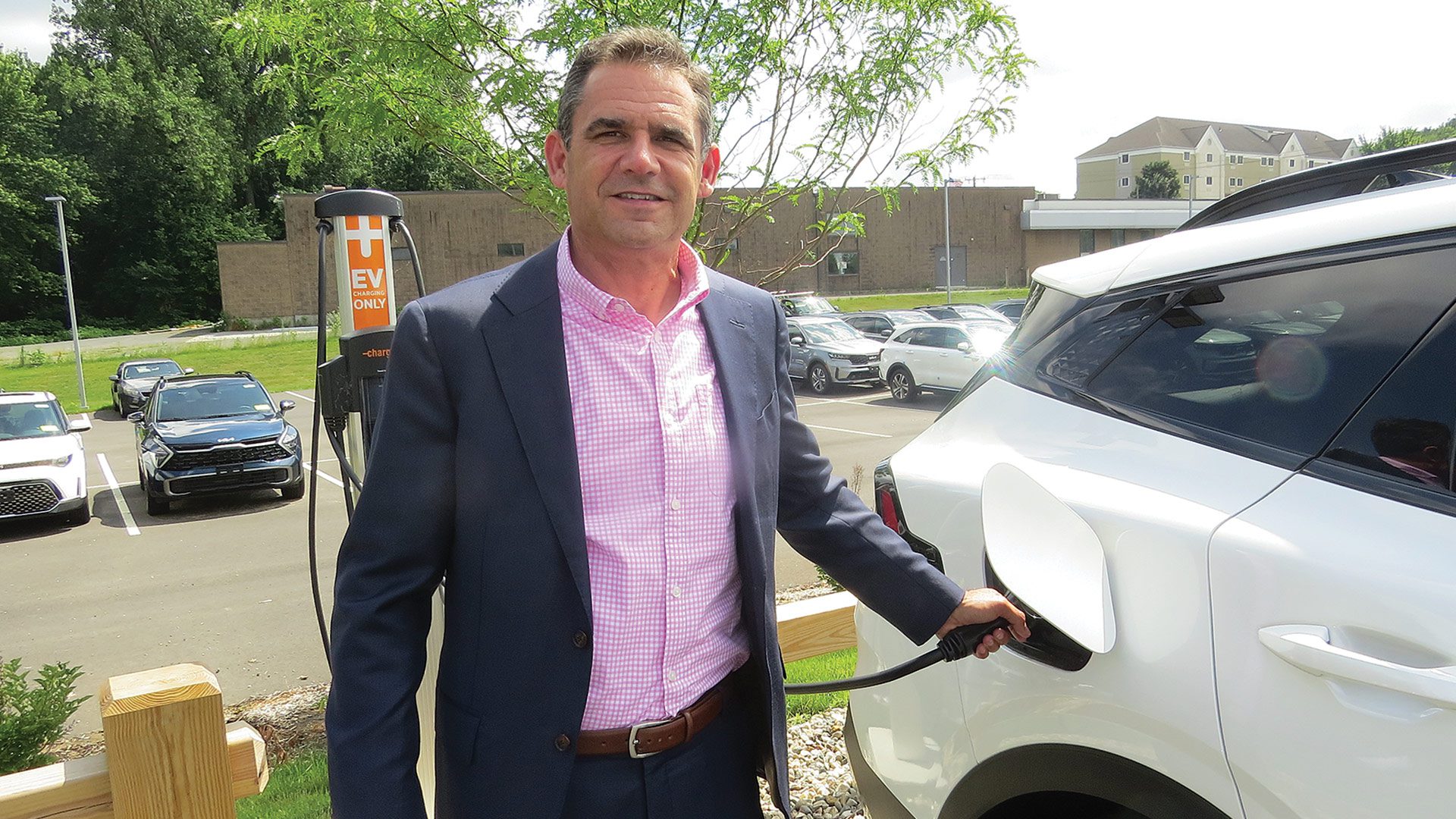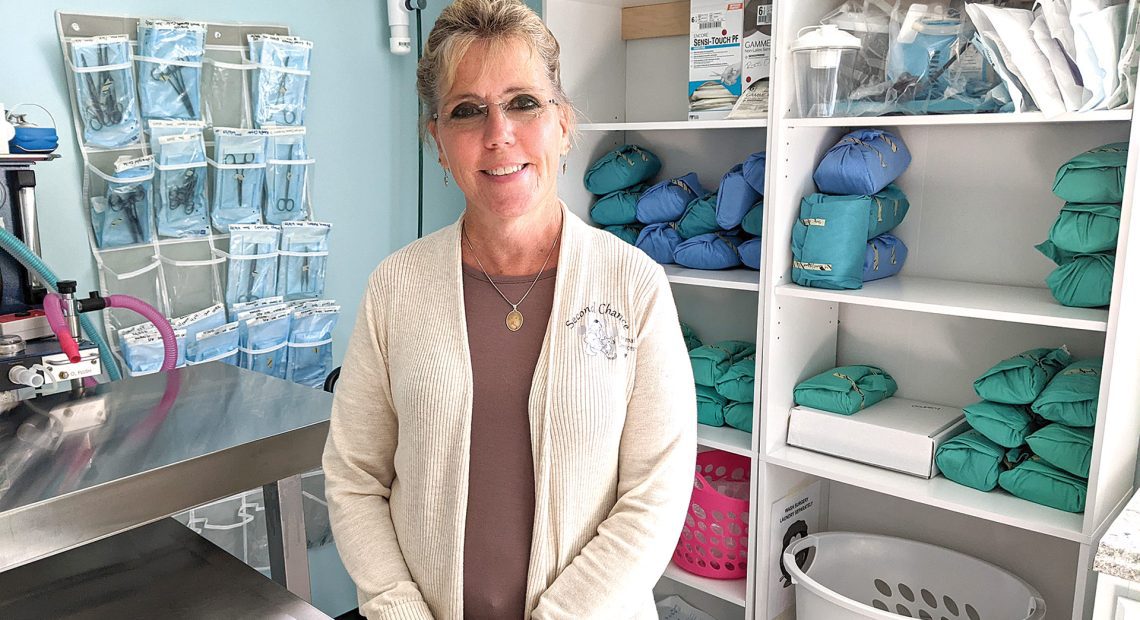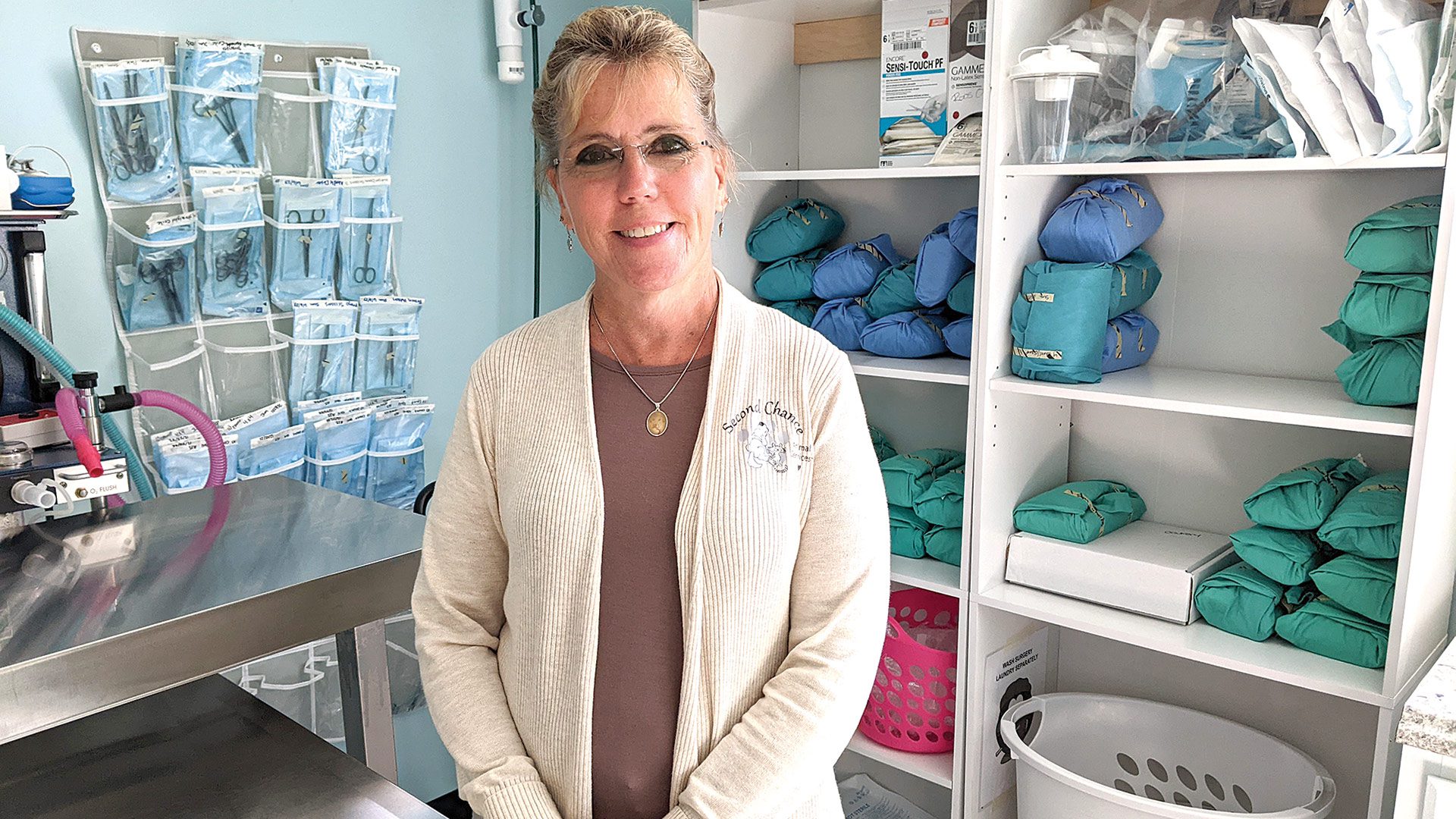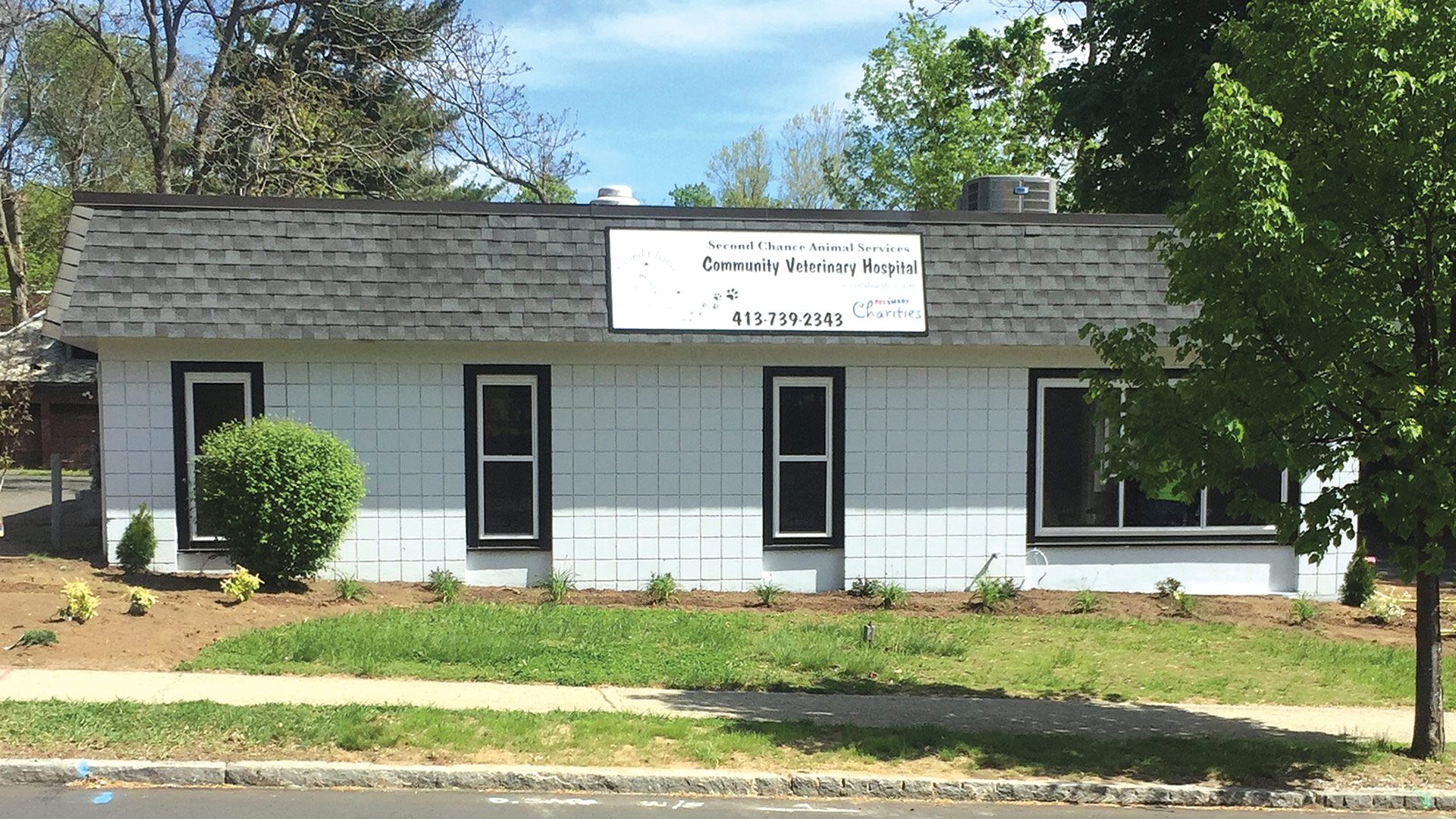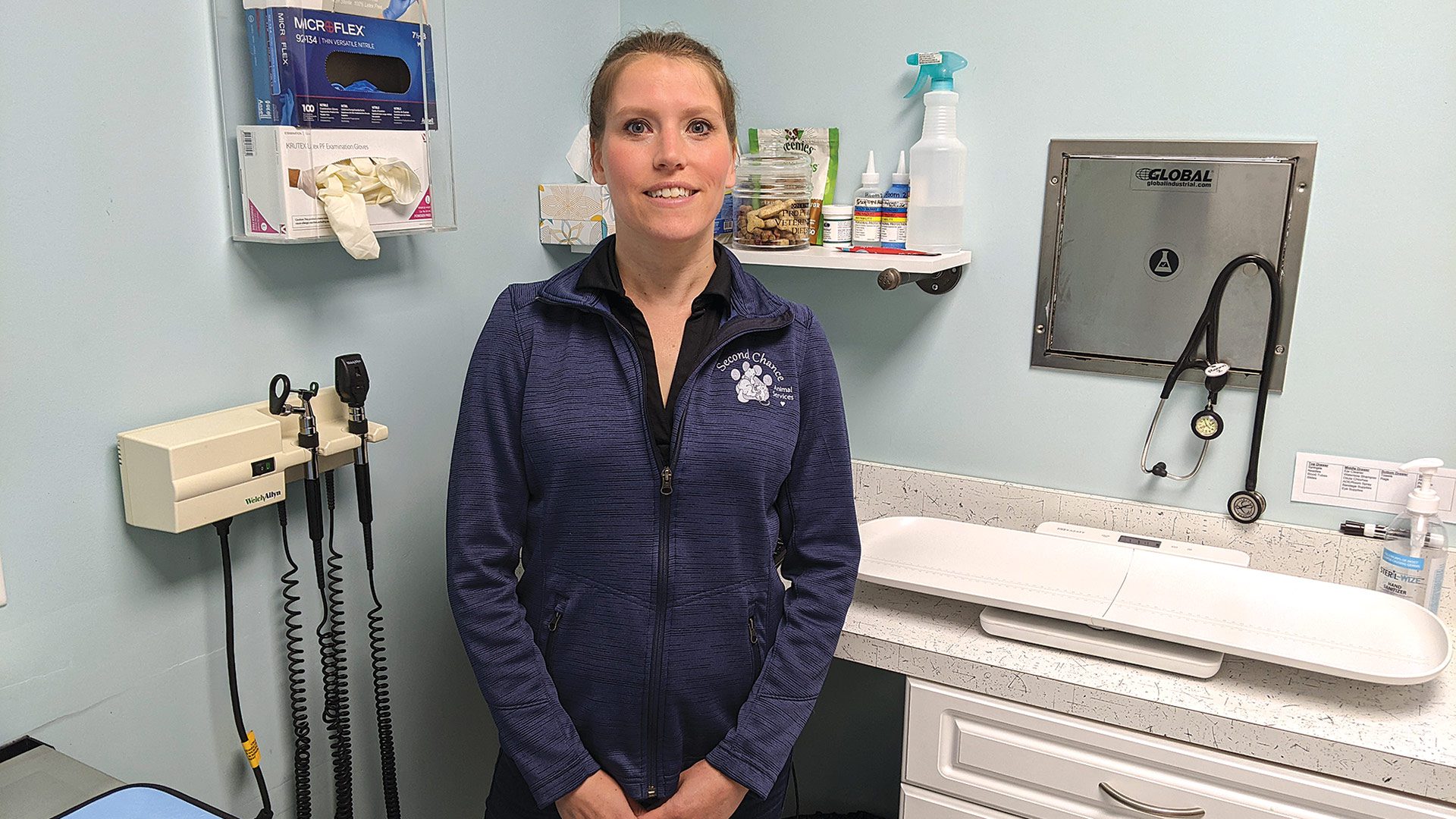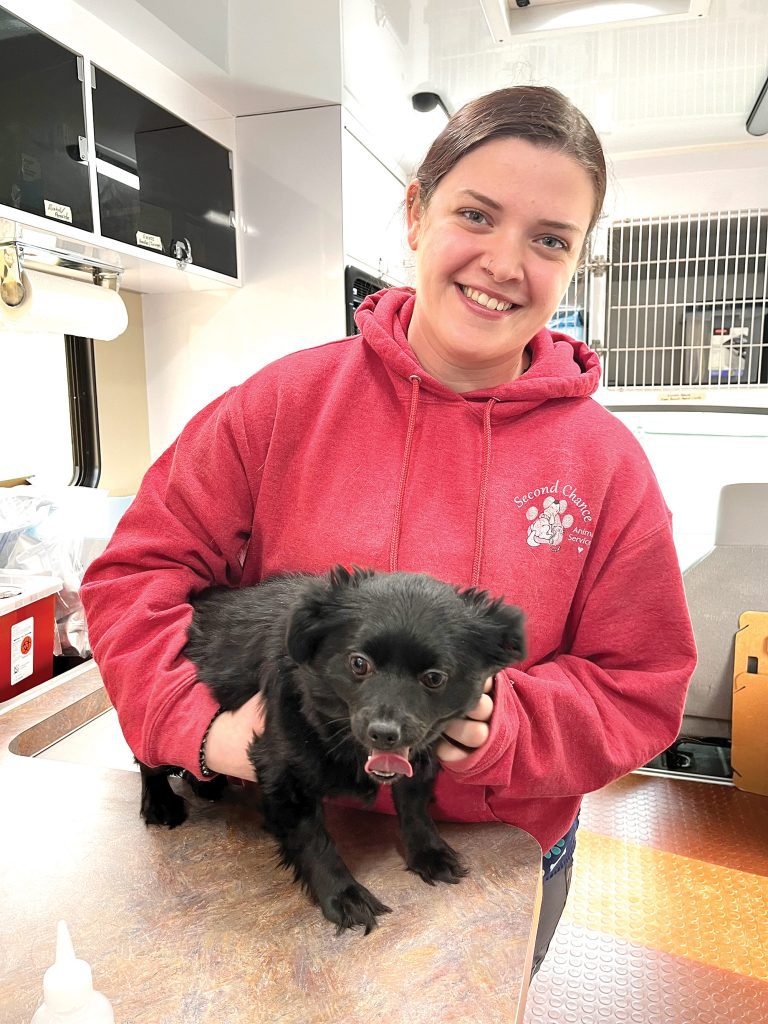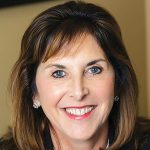Support Network
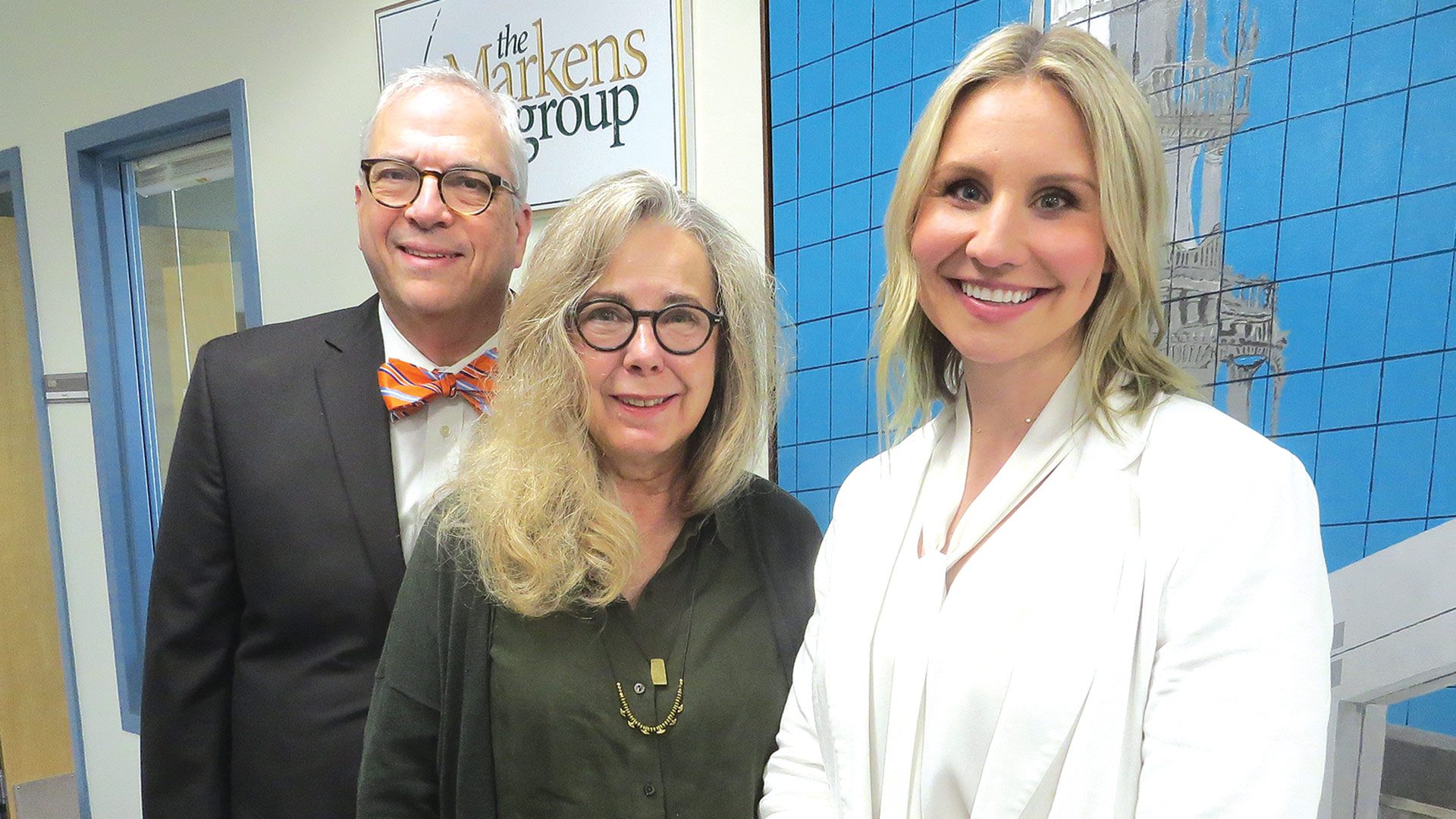
From left, founders Ben and Jennie Markens and Emily Leonczyk, TMG’s vice president and chief operating officer.
When Lauren Zuber started with the Markens Group just over two years ago, she understood that she would be working for “an association-management company.”
But she noted that it took her quite some time to fully understand just what that meant, what this now 35-year-old venture does, and, just as importantly, how it does it.
“I was inherently confused by the concept until probably three months into my job here,” she told BusinessWest, adding that, despite this confusion, she was drawn to the company and took the role of director of Marketing & Development because of its track record of success and strong set of values.
Emily Leonczyk, the company’s executive vice president, can relate, and said that, for many employees, it takes closer to a year before they have a firm handle on all that goes into the equation when it comes to association management — and how this company stands out in a crowded field of competitors.
Indeed, there is a lot that goes into that equation, she said, including everything from organizing and staging events to strategic leadership; from marketing and communications to membership services; from website design to social media. And the Markens Group, or TMG, provides all this and more to a wide variety of trade associations, membership societies, and not-for-profits, including the Springfield Regional Chamber, providing a team of specialists in place of one generalist.
For the chamber, TMG handles a number of assignments, from its newsletter to assistance with events such as its Outlook lunch in March, one of the region’s largest annual gatherings, to the recent annual meeting.
Diana Szynal, president of the chamber, summed up what the firm does with two highly effective words.
“They’re our support team,” she said, emphasizing both terms and noting that, while she still leads the various efforts at the chamber, TMG provides support from many different individuals with experience and expertise in several different areas. “You don’t get a person … you get a team.”
“There’s a whole story out there about how I invented the concept of association management, but … that’s another story.”
The company’s growing portfolio of clients manifests itself in an alphabet soup of acronyms for the organizations it serves — letters that appear in emails, on a large board tracking a lengthy list of events that TMG is working on, and on the binder covers on a shelf in one of the conference rooms.
There’s SRC — that’s the Springfield Regional Chamber; MLF, the Mary Lyons Foundation; NEFMA, the New England Financial Marketing Assoc.; IMFA, the International Molded Fiber Assoc.; AAHP, the American Assoc. of Homeopathic Pharmacists; FPPA, Flexographic Pre-Press Platemakers Assoc.; and many others.

Jennie Markens’ portraits of staff members hang in TMG’s conference rooms.
Behind those letters are associations comprised of businesses and organizations that are committed to their missions and moving them forward, said Ben Markens, but need help with the many day-to-day aspects of managing their organizations.
The desire to meet this need was the goal behind a broad transformation of TMG from a consulting business focused on the folding-carton industry into an accredited association-management company, or AMC (yes, another acronym), a metamorphosis that began in 2008, when the company took on management of the PPC, the Paperboard Packaging Council.
Over the past 15 years, the company has expanded its reach and its portfolio of clients and accompanying acronyms, giving the associations it manages a Springfield mailing address and phone number. In the meantime, it has become a great place to work — figuratively, but also quite literally.
Indeed, TMG has been named a ‘Great Place to Work’ by Forbes magazine, but beyond that designation, it has become a company with a culture grounded in the concept of teamwork and simply having fun, as we’ll see.
The firm has been in a serious growth mode in recent years, adding employees, taking on more space at 1350 Main St. — it now occupies a large chunk of the 11th floor — and bringing on a number of new clients.
There have been costs and risks associated with this rapid and profound expansion, said Ben Markens, but he prefers to look upon them as investments in the future of a venture that he and his wife, Jennie, built from the ground up with the intention of it remaining a force in Springfield, and in the AMC galaxy, for decades to come.
“We have a very strong bench of cross-trained individuals.”
With that in mind, the pair have spent considerable time and energy on the matter of succession, and have put in place a plan whereby Leonczyk will become the majority shareholder over the next several years.
For this issue, BusinessWest talked with the senior leadership team at TMG about the first 35 years of growth, change, and maturation, and how there is more on tap for a company that has become a leader in what Ben Markens likes to call “the huge business that no one knows about.”
Portraits of the Artists
Among her many talents, Jennie Markens is a talented artist. And some of her work is on the walls at TMG.
Indeed, visitors to the office are greeted by a painting of the reflection of Springfield’s famous campanile clock tower in the glass façade of the Springfield Sheraton — an image that many TMG workers can see out the windows of their offices.
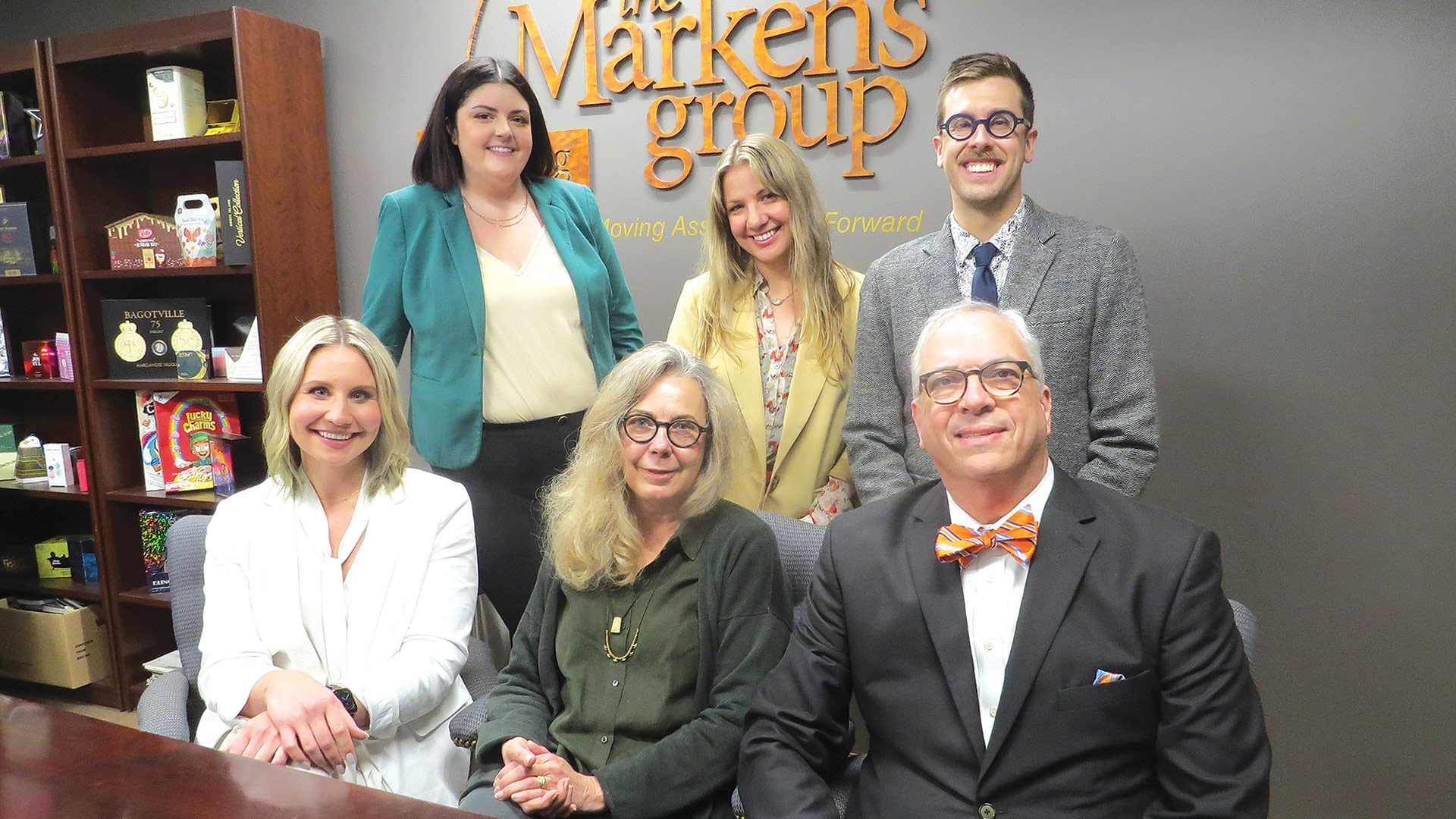
The leadership team at TMG, from left: Emily Leonczyk, Irene Costello, Jennie Markens, Lauren Zuber, Brian Westerlind, and Ben Markens.
Meanwhile, in one of the small conference rooms just off the front entrance are two rows of pencil sketches of TMG’s employees, a collection that has grown larger as the company has over the past several years.
The sketches, which make great conversation pieces for guests, speak to the concept of ‘team’ and how it is valued at TMG, which, as noted earlier, started as a consulting firm in 1988 that was niched to the folding-carton industry, a business that is well-represented in one of the conference rooms with a number of packaging products, including a Lucky Charms box.
TMG provided assistance to that industry on everything from pricing to strategy, said Ben Markens, adding that the leaders of the industry eventually asked him to become president of their association.
“I told them ‘no,’ because I already had a job,” he recalled. “They said, ‘figure it out,’ and we became what’s known as an association-management company. There’s a whole story out there about how I invented the concept of association management, but … that’s another story.”
While he may or may not have invented the business, Markens and the team that has been assembled has certainly come to be a leader in an industry he described as simply the outsourced management of associations — in TMG’s case, manufacturing groups and medical entities, representing everyone from podiatrists to neonatal intensive-care nurses.
“We’re able to take our experiences from one association or industry group and apply them and add value to others.”
Early on, Ben and Jennie made the decision to do this from Springfield. The PPC wanted them to move to the Washington, D.C. area — the association is based in Alexandria, Va. — and they considered basing it in or near their home in Westfield, but they ultimately decided the venture needed to be in Springfield and its downtown.
That move represented a risk in and of itself, said Jennie Markens, noting that 2008 was the height of the Great Recession, and taking on substantial debt and essentially launching a new business was a scary proposition.
But they moved ahead with confidence, a vision, and an operating philosophy grounded in what they call ‘fundamentals’ — and they’ve never looked back.
As they talked about association management, members of TMG’s leadership group said there are many components to this work.
Events are an important and highly visible part of it, said Ben Markens, adding that the firm will assist with everything from finding speakers to choosing the hotel; from ordering awards to handling the banquet order. But there is much more to this than events, he said, adding that TMG essentially becomes the back office for the association it serves, managing assignments ranging from membership to marketing to social-media content.
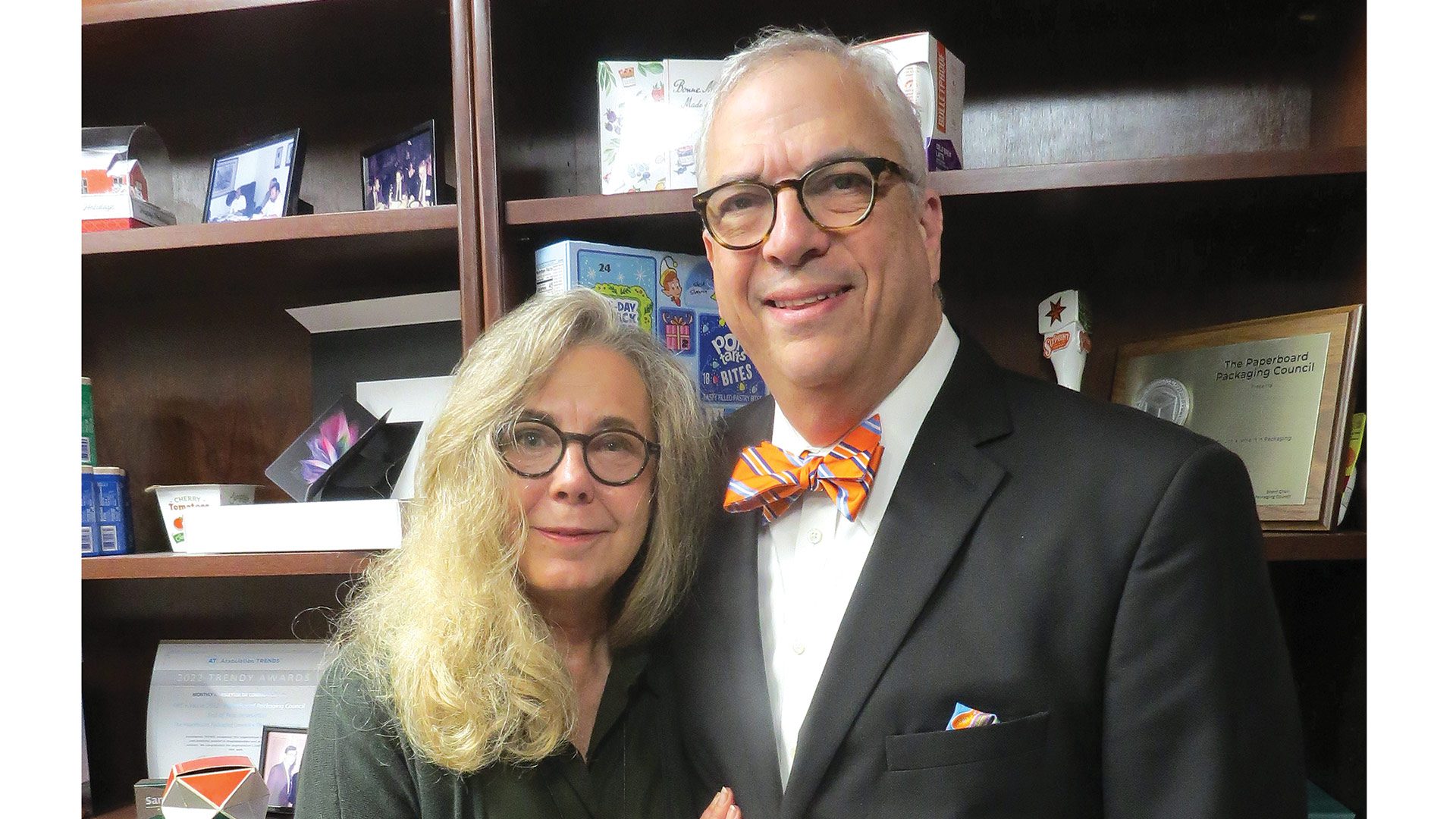
Jennie and Ben Markens have the firm on a serious growth trajectory in recent years.
As it does so, it brings to those assignments several specialists, as opposed to one generalist that a nonprofit or trade association might hire to handle those tasks listed above, said Irene Costello, director of Operations for TMG.
“If they do hire that one full-time staff person, they have one person managing the books, doing the marketing, trying to plan an event … and that person can’t be a master of everything,” she told BusinessWest. By hiring us for a similar price as a full-time employee, you wind up with a full staff of experts in each individual area that can bring their expertise and pull the association forward and make it successful.”
Ben Markens agreed. “Instead of having one person with two arms and two legs, you have the arm of a social-media person, the leg of an event planner … it’s full-time staffing at part-time rates.”
But while they’re specialists, the team’s members are cross-trained and can step in and fill any of a number of roles, said Leonczyk, citing, as one example, the Springfield Regional Chamber’s recent Outlook lunch. The team member managing the chamber’s account came down with COVID the week of the event, she recalled, adding that others within the firm were able to effectively backfill.
“We have a very strong bench of cross-trained individuals,” she said, adding that this is one of the key ingredients in the firm’s formula for success.
Firm Resolve
This deep bench, and the ability to provide specialists in the place of one or a few generalists, help explain the emergence of AMCs, and especially TMG, said Brian Westerlind, vice president of Industry Affairs and Strategic Communication for TMG. He noted that there is an association for association-management companies (the Association Management Company Institute), which has conducted studies yielding statistical evidence showing that groups that use such a firm fare better than those who try to handle such matters themselves.
“AMC-run associations had three times more net growth in assets and 31% higher growth in net revenue,” he noted. “And I think most of that comes from the fact that we know associations, we run associations every day, and I think our special sauce comes from the fact that Ben started out in this business discipline helping individual companies, and now we’re doing that for nonprofit associations and professional societies.
Leonczyk agreed, noting that one of the firm’s strengths is its ability to take lessons from work it does for one client, or group of clients, and apply it to others.
“We’re able to take our experiences from one association or industry group and apply them and add value to others,” she explained, adding that this ability helps explain the company’s strong growth trajectory in recent years.
And while the Springfield Regional Chamber doesn’t represent TMG’s niche within the AMC realm — its bread and butter is trade associations in the manufacturing and medical fields — its work with the agency exemplifies its role as a support network and its ability to handle the work of one or several full time equivalents.
Its work with that group also exemplifies the mindset with which it enters each assignment.
“Our job is to make them look really good and be all things behind the scenes,” said Leonczyk, adding that, for many associations, TMG takes the place of an executive director or administrator.
Zuber agreed, noting that the relationships with clients are partnerships in every sense of that term.
“We’re on the journey together, as opposed to a situation where we’re just managing them,” she explained. “It’s a real partnership.”
And while what TMG does for its clients is a big part of this story, an even more important piece, Leonczyk said, is how it goes about this work. By this, she meant a supportive culture created by the Markenses, one grounded in a strong value system and a desire to make theirs an enjoyable workplace, but also built on a foundation of excellence.
“It came down to the fact that Jennie and I wanted to found a company that we would like to work at — one that didn’t have a lot of arbitrary rules or a lot of backbiting, a place founded on those things we started with back in 1988,” Ben Markens explained. “We’ll do whatever’s fair, we want to have fun, and personal relationships are important.
“That’s easy when there’s just three or four of us, but as we become eight, nine, 10, or more, it becomes more difficult,” he went on, adding that, to maintain that culture he and Jennie covet, TMG stresses what are known as ‘fundamental behaviors,’ ranging from ‘we are friendly’ and ‘we do our best’ to ‘we are fair’ and ‘we have fun.’
Ben Markens puts a special emphasis on that last one — what he calls the ‘fun factor,’ and to say there has been a trickle-down effect would be an understatement.
“You can be quirky, you can be yourself here, and I really enjoy that — that’s who we are here,” Zuber said, adding that another fundamental is what she calls ‘support and defend.’
“Within three months of working here, I knew people had my back,” she explained. “I’ve worked in many different industries, and never have I enjoyed the level of support I have here.”
Moving forward, Leonczyk, a member of BusinessWest’s 40 Under Forty class of 2023 who came to the company four years ago and eventually assumed the role of executive vice president, said she is committed to keeping the firm in Springfield, continuing to build on the culture that has made this a great place to work, and maintaining the strong pattern of growth it has seen the past several years.
“I’m really grateful for this opportunity, and want to build on everything that Ben and Jennie have done here,” she said.
Bottom Line
Ben Markens may or may not have invented the concept of association management. As he said, “that’s another story.”
This one is about the company he and Jennie started and how it has grown and evolved over the years to become a leader in this business that so few know about.
This work is a science, but it’s also an art, and mastering it has become a function of teamwork, as represented in those portraits on the conference-room wall.
Those portraits speak of a canvas that is still being filled in, with new elements — and, yes, new acronyms — being added regularly.
That’s what this story is all about, and there are many intriguing chapters still to come.



